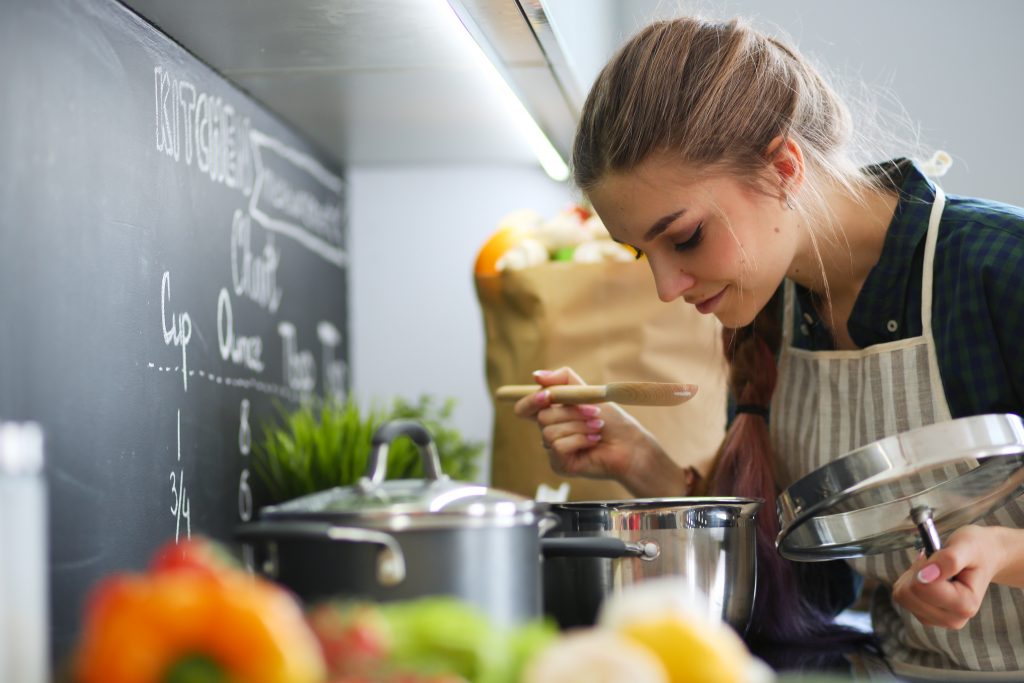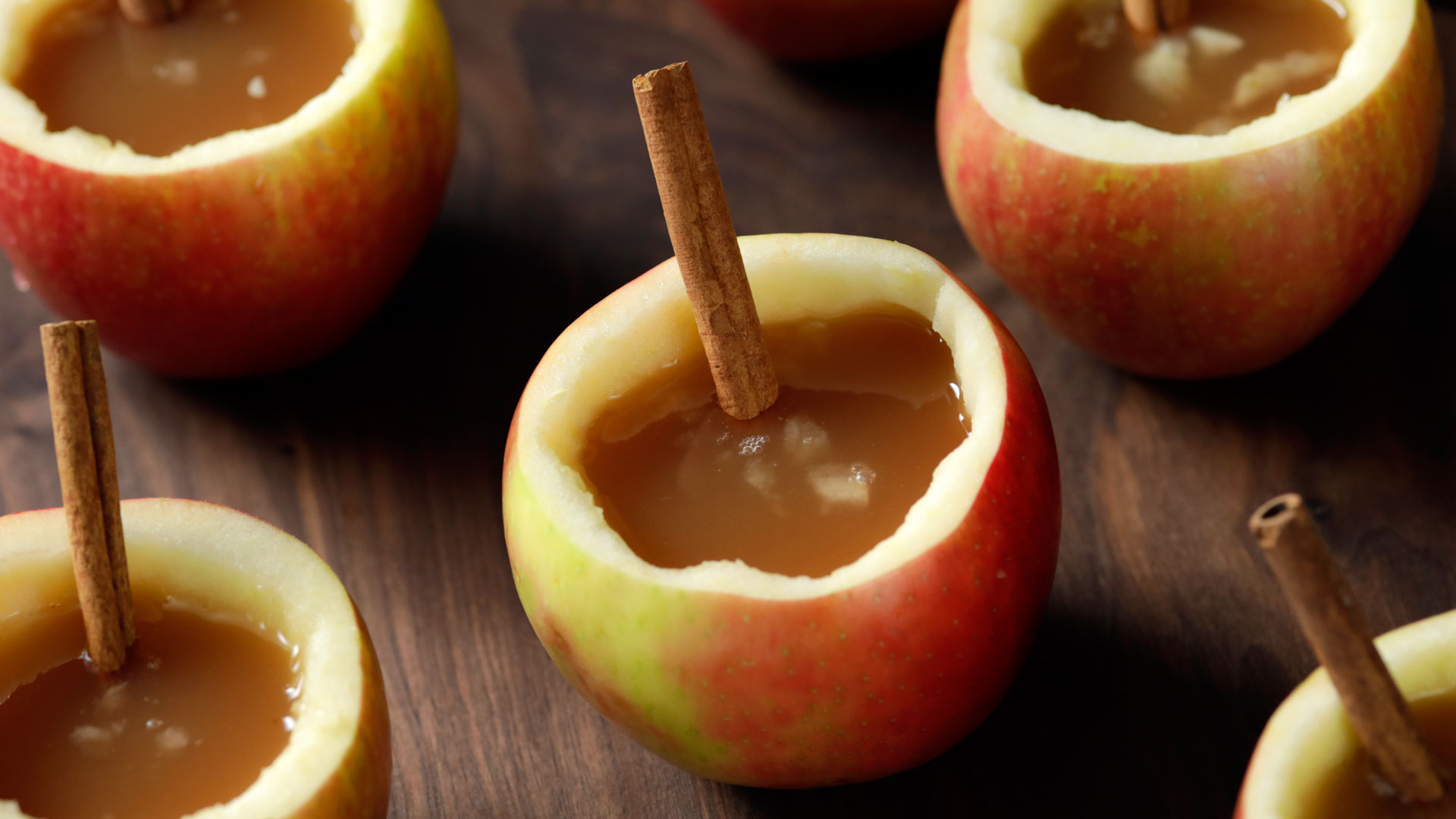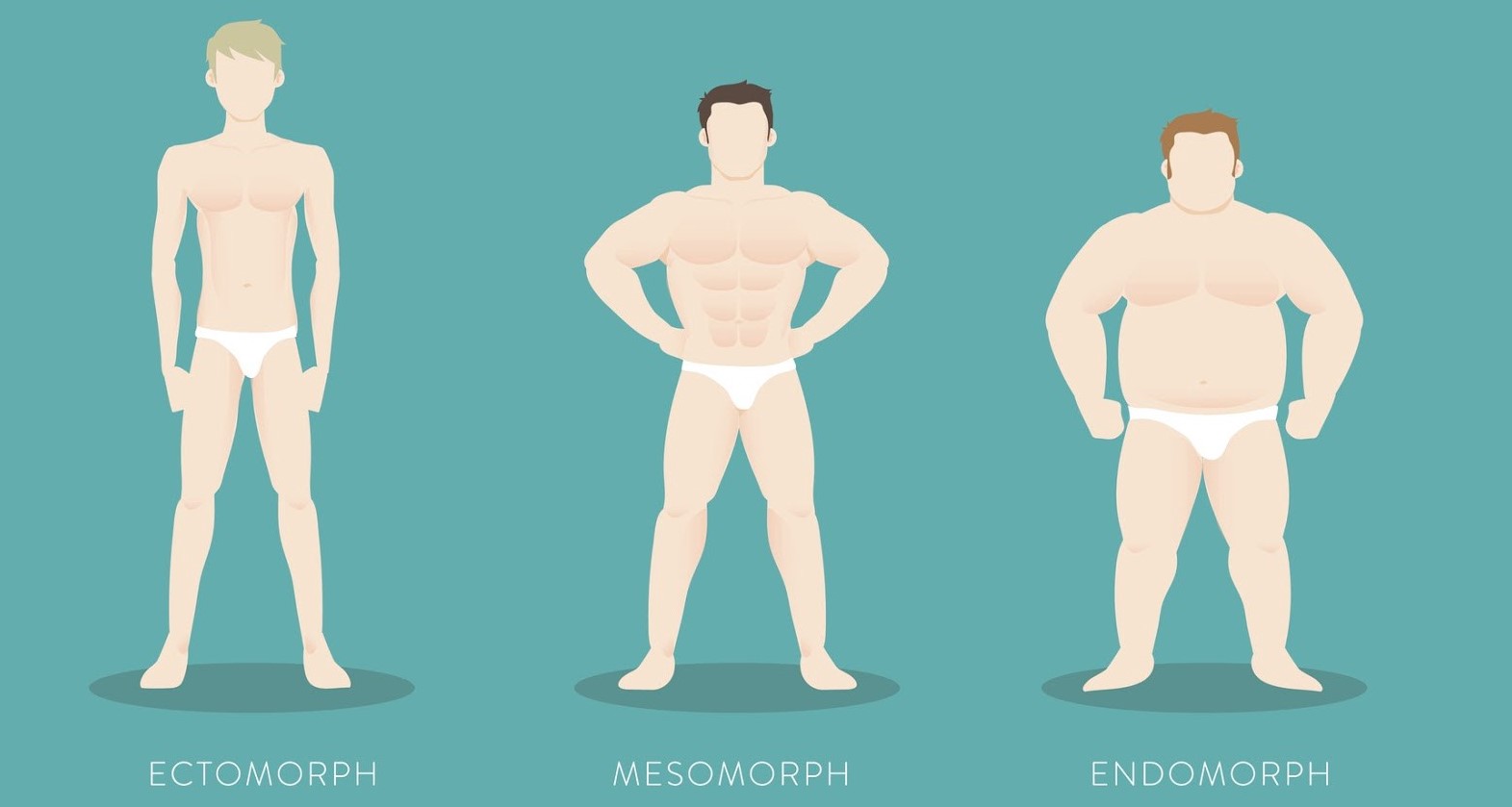Today, we will be looking at the idea that some cooking methods are better than others. When it comes to retaining the nutritional quality of vegetables.
Where does this idea come from?

This seems to come from 2 main factors:
Heat: Higher cooking temperatures are claimed to break down or destroy certain vitamins like vitamin C.
Water: It is claimed to cause water-soluble vitamins to reach out and be lost in the cooking process.
While there certainly does appear to be some truth to these claims often the cited studies are examining just one specific vegetable and usually only test one or two different cooking methods making it difficult to get a good view on their nutritional quality. Although these studies do usually reveal the one cooking method to be superior to the others.
Forming general conclusions from these findings can be misleading since it makes the assumption that the same vitamin or phytochemical will behave in the same way in different vegetables. This problem was highlighted in one 2015 paper where researchers examine differences in folate carotenoids and vitamin C content and 13 frozen vegetables after boiling in water, steaming, pressure steaming or microwave cooking.
A lot of people are wary of microwave use and its effects on nutrition but this same study showed that beta carotene levels increased in sliced carrots by 12% after microwave. According to a science-based medicine article on microwaves and nutrition. Microwave cooking is a safe technology. It’s fast and convenient and as it turns out has a favorable profile in terms of the effects on food nutrition. That doesn’t necessarily make microwaving the best cooking option across the board.
One 2015 review came to the conclusion that steaming seems to be the best cooking method for maintaining nutritional quality. However, these researchers only looked at pinto beans peas broccoli onions and potatoes. This conclusion, in particular, seems to have come mostly from their findings on broccoli. So the only real consistent trend across the literature was that boiling often performed the worst and is finding actually agrees with the common advice to avoid high temperatures and lots of water, especially for vitamin C content.
Considering the high degree of variation in the cooking methods. I tend to agree with the author’s conclusion that the absence of general results for all components and all vegetables except for boiling highlights the difficulty in giving a simple real recommendation for the cook to best preserve the nutritional quality of frozen vegetables.
Result
I would say that the idea that some cooking methods are superior to others in terms of retaining nutritional quality especially when it comes to vegetables. Although it may be possible to in concept select the best cooking method for each specific vegetable and then for each specific nutrient.
I would be aware that on average steaming might be a bit better and boiling might be a bit worse but I think the most practical advice is to try to include a variety of cooking methods if you can and above all else simply have a diet that’s filled with a variety of different fruits and vegetables.
SOURCES:
Scientific References:



